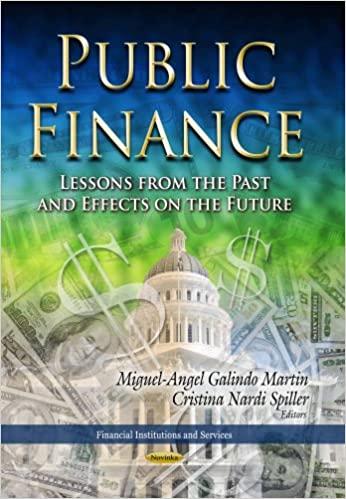Question
Competition-Based PlanningPromotion or Payoff? A few months ago, Kim Darby, financial manager of Republic Communications Corporation (RCC), contacted you about a job opening in the
Competition-Based PlanningPromotion or Payoff? A few months ago, Kim Darby, financial manager of Republic Communications Corporation (RCC), contacted you about a job opening in the financial planning division of the company. RCC is a well-established firm that has offered long-distance phone service in the United States for more than three decades. But recent deregulation in the telecommunications industry has RCC concerned because competition has increased significantlytoday many more firms offer long-distance services than 5 years ago. In fact, RCC has seen its profits decline along with market share since deregulation began. Kim Darby indicated that RCC wants to reverse this trend by improving the companys planning function so that long-distance rates can be set to better attract and keep customers in the future. Kim says that is the reason she contacted you. When she first called, Kim told you RCC would like to hire you because you are one of the up-and-comers in the telecommunications industry. You have worked at National Telecommunications Inc. (NTI), one of RCCs fiercest competitors, since you graduated from college 4 years ago, helping to develop their rate-setting program, which many consider the best in the industry. Taking the position at RCC would be comparable to a promotion with a $30,000 salary increase and would provide greater chances for advancement than your current position at NTI. So, after interviewing with RCC and talking to friends and family, you informally accepted the job at RCC a couple of days ago. You have not yet notified NTI of your decision. Earlier today, Kim called to see whether you could start your new position in a couple of weeks. RCC would like you to start work as soon as possible because it wants to begin a redesign of its rate-setting plan in an effort to regain market share. During the conversation, Kim mentioned that it would be helpful if you could bring NTIs rate-setting program and some rate-setting information with you to your new jobit will help RCC rewrite its rate-setting program. In an attempt to allay any reservations you might have, Kim told you that NTI sells its software to other companies and any rate-setting information is available to the public through states public service commissions, so everything you bring really is well known in the industry and should be considered in the public domain. And, according to Kim, RCC is not going to copy the rate-setting program; her attitude is what is wrong with taking a look at it, as long as we dont copy the program? If you provide RCC with TNIs rate-setting program, you know it will help the company to plan better, and better planning will lead to increased market share and higher stock prices. An improved rate-setting plan might net RCC as much as $200 million each year, and RCC has a very generous bonus system to reward employees who help the company improve its market position. If you do not provide the software, you might start off your new job on the wrong foot. What should you do? 2. 4. Discuss how knowledge of leverage is used in the financial forecasting and control process and why financial planning is critical to firm survival.
Step by Step Solution
There are 3 Steps involved in it
Step: 1

Get Instant Access to Expert-Tailored Solutions
See step-by-step solutions with expert insights and AI powered tools for academic success
Step: 2

Step: 3

Ace Your Homework with AI
Get the answers you need in no time with our AI-driven, step-by-step assistance
Get Started


